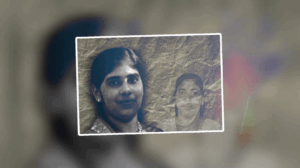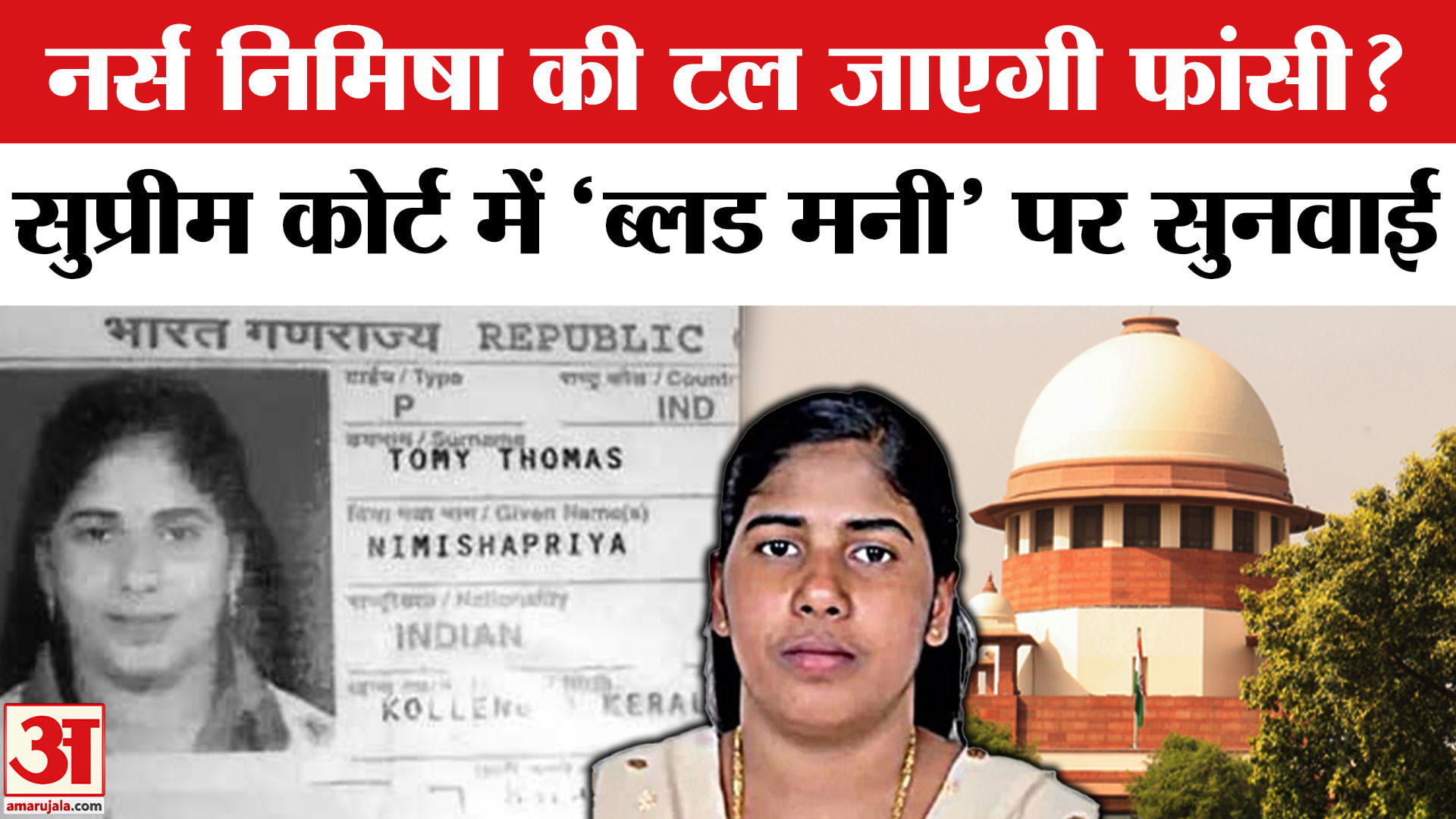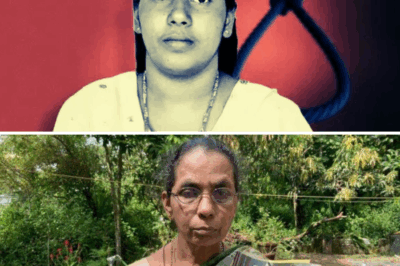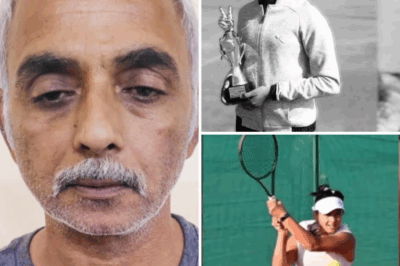The Nimisha Priya case is not just another legal battle; it is a story of survival, desperation, and a mother’s fight to return home to her child. Her name has become known across Kerala and India, tied to a complex case in Yemen that has drawn international attention and sparked countless discussions about human rights, diplomatic relations, and justice.
Nimisha Priya, a nurse from Kerala, travelled to Yemen with dreams of providing a better future for her family. However, her life took a tragic turn when she was arrested and sentenced to death in Yemen for the murder of a Yemeni citizen. Nimisha has always claimed that her actions were in self-defence and that she was pushed to desperation due to circumstances that left her with no choice.
As the people of Kerala and India continue to follow her case closely, new developments have emerged that could impact her fate, and these updates are bringing both hope and uncertainty to those fighting for her life.
Nimisha Priya was a dedicated nurse working in Yemen to support her family back home in Kerala. Known for her caring nature and strong determination, she initially found success in her career abroad. However, the challenges of living in a foreign country without adequate support systems soon became overwhelming, leading her into a situation that changed her life forever.
Reports indicate that Nimisha faced harassment and abuse while in Yemen, leading to constant fear for her safety. She was allegedly held against her will, and in an act she described as self-defence, the Yemeni citizen was killed during an altercation. Nimisha was arrested, tried in Yemeni courts, and sentenced to death, leading to a long and painful battle for justice.
Yemen’s legal system is complex, especially for foreign nationals, and Nimisha’s case has faced numerous hurdles since her arrest. Legal procedures have been lengthy, and the death sentence hanging over her has caused immense distress to her family and human rights activists who have taken up her cause.
One of the few hopes in such cases is the possibility of paying blood money (diya) to the victim’s family, which could potentially save Nimisha’s life. However, negotiations around this have been challenging, with high amounts demanded and difficulties in establishing consistent communication with the victim’s family amid Yemen’s ongoing instability.
Despite these challenges, Nimisha’s mother and supporters have continued their efforts to raise funds for the diya, hoping to secure her release and bring her back to India.
In recent weeks, reports have surfaced indicating a potential shift in the case, sparking hope among supporters and the people of Kerala who have been closely following the situation. Reliable sources claim that diplomatic efforts between India and Yemen may have progressed, and there is a possibility of reopening discussions with the victim’s family regarding diya.
Additionally, human rights organisations and activists have increased pressure on Indian authorities to take more assertive steps in engaging with Yemen’s government to secure Nimisha’s release. The Ministry of External Affairs has reportedly been monitoring the situation, though official statements have remained cautious due to the sensitivity of the case.
Kerala’s Chief Minister and several prominent figures have also shown support, requesting urgent intervention to save Nimisha’s life. These developments have given renewed energy to the movement advocating for her return, as her supporters continue to organise fundraising and awareness campaigns across Kerala and Indian communities abroad.
Throughout this ordeal, Nimisha’s mother and family have stood as her strongest pillars of support, constantly appealing to the government and the public for help. Her mother’s emotional pleas, stating that she only wants to see her daughter again, have resonated deeply with the people of Kerala.
Public support has played a crucial role in keeping the case alive in the media. Various community groups, religious organisations, and human rights activists have held prayer meetings, fundraisers, and awareness campaigns to gather the necessary funds for diya while pushing the Indian government to prioritise the case diplomatically.
In a world where news cycles move fast, the consistent attention and emotional connection people feel with Nimisha’s case have kept it relevant, ensuring that her story does not fade into silence.
The case of Nimisha Priya is significant not only for her and her family but also for the broader questions it raises about the rights of Indian workers abroad, the responsibilities of governments in protecting their citizens, and the limitations of justice in complex international situations.
It highlights the vulnerability many Indian workers face while working in countries with different legal systems and limited protection for foreign workers, particularly women. The case also underscores the need for stronger support networks and better legal aid for Indian citizens working abroad.
Furthermore, Nimisha’s case has opened discussions about the death penalty, the concept of diya in the Islamic legal system, and the human rights implications involved in such cases. It is a test of India’s diplomatic capabilities and its commitment to protecting its citizens, especially women facing legal issues abroad under challenging circumstances.
The path ahead remains uncertain but hopeful. If negotiations around diya are successful, it could lead to Nimisha’s release and her return to India. However, this requires the cooperation of multiple parties, including the victim’s family, Yemeni authorities, and Indian diplomatic channels, all while ensuring that the funds required can be raised in time.
Should diplomatic discussions advance, there could be a possibility of a formal agreement being reached, sparing Nimisha from execution. Activists continue to emphasise that time is of the essence, urging all stakeholders to act swiftly to ensure a positive outcome.
Meanwhile, Nimisha’s legal team and family are preparing for all possibilities, hoping that the rising public pressure and international attention will translate into concrete diplomatic actions.
The emotional connection the public feels towards Nimisha’s plight has made her case a deeply personal matter for many in Kerala and beyond. Social media campaigns using hashtags related to her case have brought together people from various walks of life, uniting them under the common goal of bringing Nimisha home.
The media has played a significant role in keeping the conversation alive, ensuring that updates on her case are shared widely. News channels, digital media outlets, and community platforms have continuously reported on fundraising efforts, government interventions, and diplomatic discussions, creating a constant push for accountability.
This collective effort has also shed light on other similar cases, encouraging discussions about reforming systems to protect Indian workers abroad and the importance of diplomatic intervention in critical cases.
The Nimisha Priya case is a reminder of how a single individual’s struggle can resonate with millions and bring communities together in the fight for justice. It is a story of a mother who went abroad to create a better future for her child, only to find herself in a nightmare that has lasted years.
While the recent developments in the case bring hope, they also serve as a reminder that continuous efforts, public support, and diplomatic action are necessary to bring Nimisha home. Her case is not just about saving one life but about sending a message of solidarity, the importance of protecting citizens abroad, and the power of collective action in the pursuit of justice.
As Kerala and India watch closely, the hope remains that Nimisha Priya will return home safely, bringing an end to a chapter marked by pain and uncertainty, and beginning a new journey of healing, dignity, and justice.
News
A Mother Beyond Blood: Mahhi Vij Opens Up About Raising Khushi and Rajveer Like Her Own Ask ChatGPT
Sometimes, it’s not blood that defines family, but love, compassion, and the willingness to open your heart when it’s least…
The Nurse Facing Execution in Yemen: Nimisha Priya’s Fight for Life and Justice
Nimisha Priya’s story is one that shakes the soul—a tale of courage, desperation, and the harsh realities faced by many…
At 90, Dharmendra Finds Solace in Farming Away From Family: A Look Into His Peaceful Farmhouse Life
At 90 years old, Bollywood legend Dharmendra has chosen a life far removed from the hustle and bustle of Mumbai’s…
New Love or Just Lights, Camera, Action? Rumors Swirl as Shefali Bagga and Faisu Spark Dating Buzz
Social media has been buzzing with speculation, curiosity, and a fair bit of confusion after internet star Faisal Shaikh—better known…
Once a Star, Now Forgotten: Beloved TV Actress Found Disoriented on Streets of Bengal
In a heartbreaking twist of fate, a once-famous face from Bengali television and film has resurfaced under circumstances that have…
A Father’s Confession: The Shocking Truth Behind Radhika Yadav’s Murder
When the news broke that 25-year-old tennis prodigy Radhika Yadav had been killed by her own father, the nation reeled…
End of content
No more pages to load

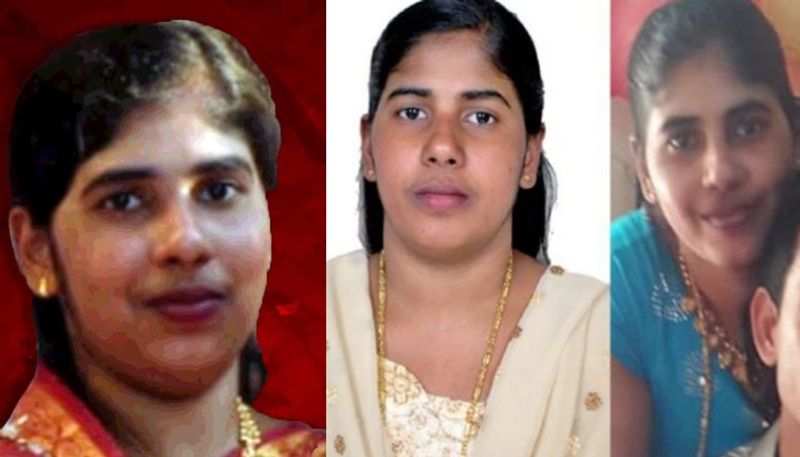)
